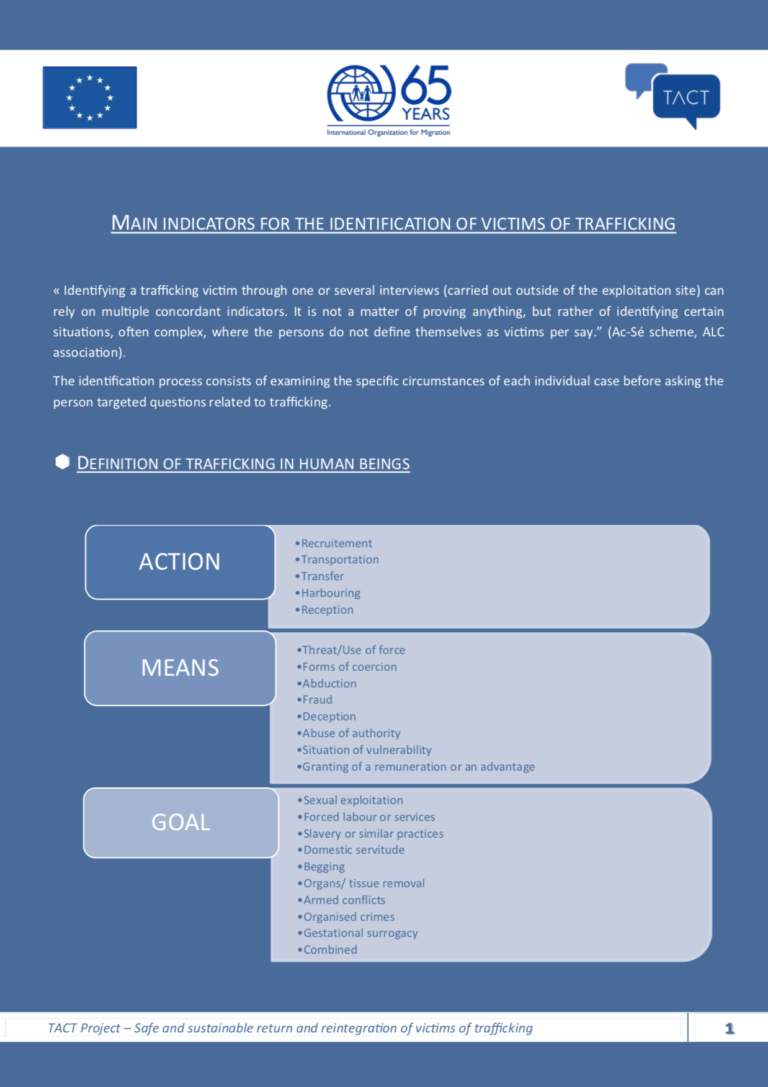Voices of the Invisible Citizens: A Rapid Assessment of the Impact of COVID-19 Lockdown on Internal Migrant Workers
COVID-19 resourcesGuidanceThe 21-day lockdown has inadvertently exposed the extreme vulnerability of migrant workers in India. The construction sector contributes to around 9% of the country's GDP and employs the highest number of migrant workers across India with 55 million...Read More

